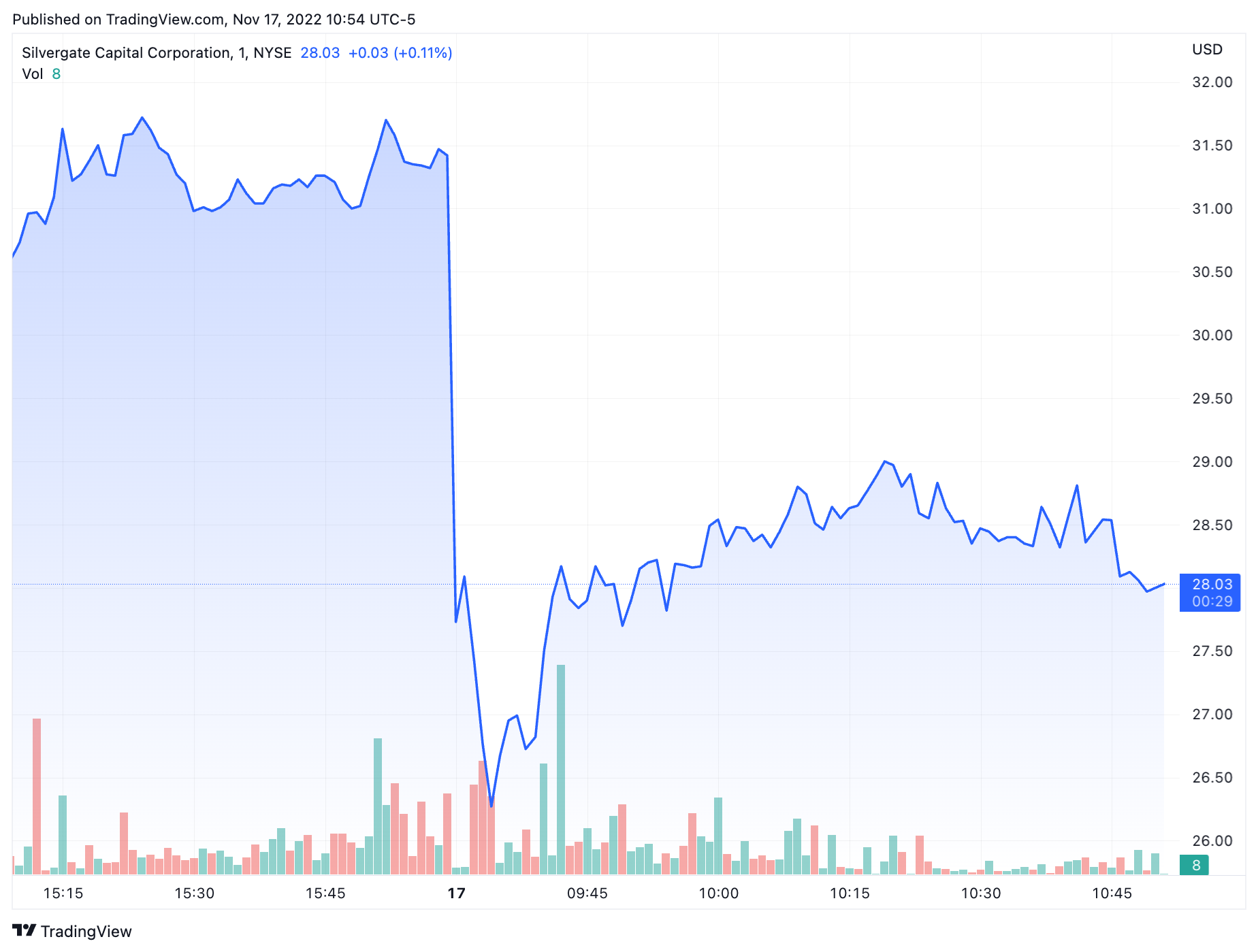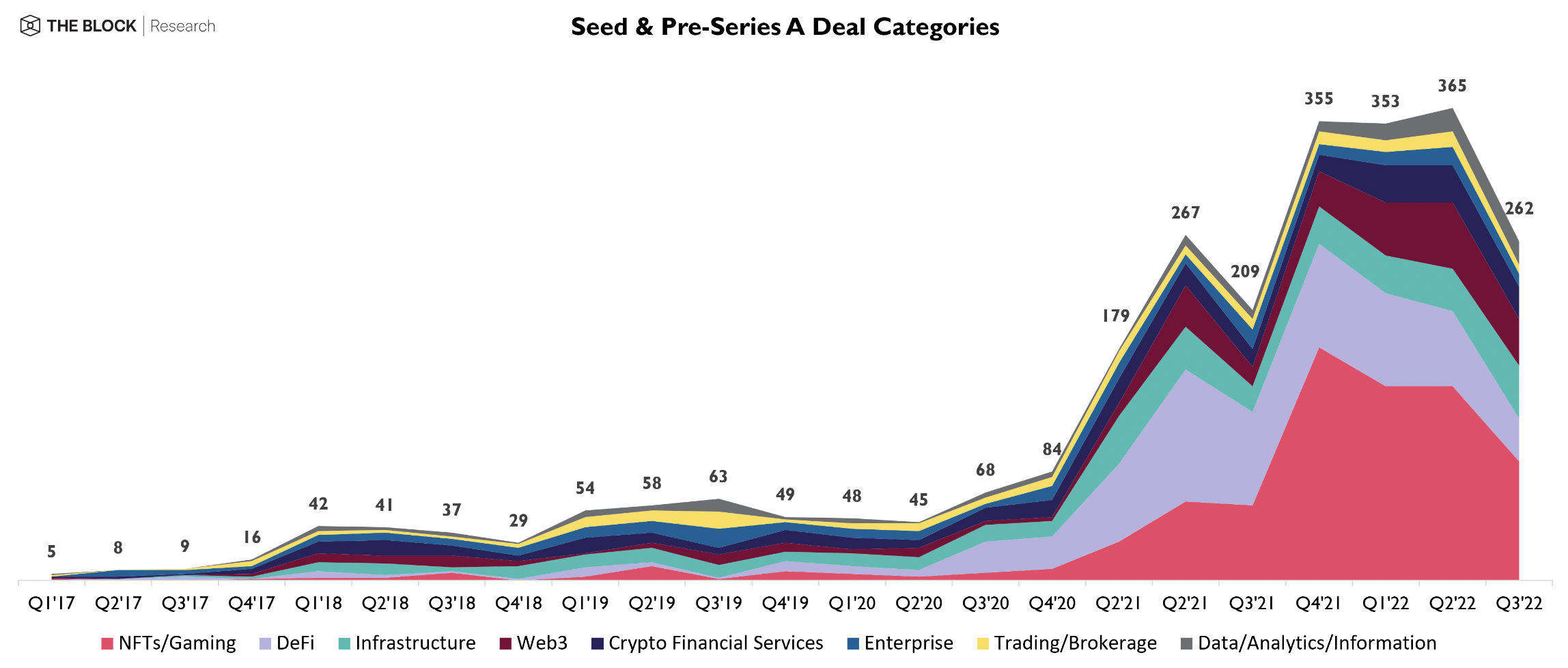Gemini, OKX and Crypto.com experienced “severe” outflows over the past week while a declining stablecoin market shows an investor exodus, according to analysts at JPMorgan Chase.
Exchange volumes have fallen throughout the year, according to The Block’s data, with monthly volumes dropping from $841 billion in January to $544 billion in October.
“High-quality” asset balances, including bitcoin, ether, USDT, USDC, and BUSD, are also much lower, JPMorgan said.
“Outside Binance, the year-to-date decline in these balances is of the order of 80%. Bitfinex and Binance saw the smallest declines YTD,” analysts wrote.
Crypto contagion
The outflows come amid the collapse of Sam Bankman-Fried’s FTX empire, which has rocked crypto markets and equities.
FTX and sister firm Alameda Research, which Bankman-Fried had insisted were kept at arm’s length, were actually heavily co-reliant; it was revealed FTX had been sending customer funds to Alameda. Both firms filed for Chapter 11 bankruptcy protection on Friday.
Over the past few days, the effect of the exchange’s collapse has continued to echo across crypto markets.
“We had argued last week that, similar to what we saw after the collapse of TerraUSD last May, the current deleveraging phase that started with the collapse of Alameda Research and FTX is likely to reverberate for at least a few weeks inducing a cascade of margin calls, deleveraging and crypto company/platform failures,” JPMorgan’s analysts wrote.
On Wednesday, Genesis Global Capital, one of the biggest crypto-native firms, announced its exposure to the FTX collapse and said it would halt all customer withdrawals and loan originations after taking a significant hit from the fallout of Three Arrows Capital (3AC) and FTX.
Following this, Gemini announced its Earn program would not be able to meet customer redemptions within the five-day time frame set in the firm’s service-level agreement.
Galois Capital, CoinShares and Huobi, among others, all have funds stuck on FTX, JPMorgan said.

Prominent investors — including Paradigm, Temasek, and Sequoia — have also been affected by the collapse, with many of the funds having written their investment in FTX down to zero.

Stablecoin market shrinkage
The shrinking stablecoin market has also illustrated the exit of investors. Stablecoins are the equivalent of cash in the crypto ecosystem, providing a bridge to traditional finance, JPMorgan said.
The growth of the stablecoin market can be thought of as a proxy of the amount of money that has entered the crypto ecosystem from fiat, analysts said.
“The market cap of the largest stablecoins peaked at $186bn last May before the Terra collapse, compared to less than $30bn at the beginning of 2021 and around $5bn at the beginning of 2020,” analysts said.
However, the stablecoin market has declined by $41 billion since then — just under half of which reflects the collapse of TerraUSD.
“It would be difficult here to imagine a sustained recovery in crypto prices without the shrinkage of the stablecoin universe stopping,” JPMorgan said.

© 2022 The Block Crypto, Inc. All Rights Reserved. This article is provided for informational purposes only. It is not offered or intended to be used as legal, tax, investment, financial, or other advice.





